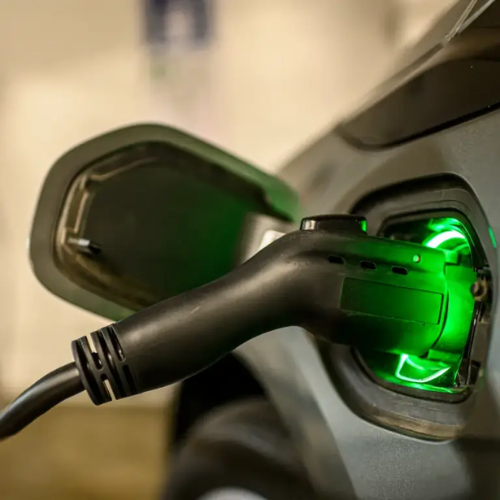India’s electronics, solar, and electric vehicle (EV) industries are facing serious disruptions. These disruptions are due to China’s new export restrictions on important raw materials and machinery. Many Indian companies rely on China for the supplies and equipment needed to produce goods in these sectors. The Global Trade Research Initiative (GTRI), an economic think tank, has highlighted these delays and issues, showing how the curbs are hurting Indian businesses. The restrictions from China are directly affecting the production of electronics, solar panels, and EVs, which are vital for India’s growing economy.
China has been a crucial supplier of components for these sectors. Indian companies in electronics, solar, and EVs depend on machinery and intermediate goods from China to manufacture their final products. However, with China now blocking exports of these essential materials, Indian firms are struggling to maintain production schedules. This has caused delays and disruptions in their supply chains, which means fewer products are being made, and more time is needed to complete manufacturing.
China’s Response to India’s Actions
The GTRI suggests that China’s export curbs might be a way to respond to India’s own actions against Chinese investments and businesses. In recent years, India has imposed certain restrictions on Chinese firms, especially in the areas of investments and visas. These actions from India appear to have led China to retaliate by limiting the export of critical goods. This kind of action is often a sign of growing geopolitical tensions and trade conflicts between countries. In this case, both India and China are taking steps that affect each other’s economies.
While China’s curbs on exports are harming India’s industries, they are also affecting China itself. The restrictions are not just damaging Indian businesses but also impacting China’s own manufacturing and export activities. This creates a situation where both countries face economic challenges due to the trade disruptions between them.
India’s Dependence on Chinese Supplies
India’s reliance on Chinese products is a major reason why these export restrictions are causing so much trouble. India imports many essential materials from China, especially for its electronics, solar energy, and electric vehicle industries. These industries need key components and machinery that China has been known to supply. As these imports get delayed or blocked, Indian businesses are left with fewer options to keep their production running smoothly.
In addition to this, many other countries, especially those in Southeast Asia, also depend on China for raw materials and intermediate goods. These countries, like India, use Chinese supplies to manufacture their own products, which are then sold around the world. So, when China limits the export of these materials, it not only affects India but also disrupts the global supply chain. The GTRI has pointed out that India is particularly vulnerable because so much of its manufacturing relies on Chinese goods.
In 2023-24, India’s imports from China grew to around $101.73 billion, showing just how much the country depends on China for its manufacturing needs. This large amount of trade between the two countries makes the current disruptions even more significant for Indian industries. These export curbs are making it harder for India to produce the goods it needs, leading to slowdowns in critical sectors.
China’s Wider Trade Strategy
China’s export curbs are also part of a broader strategy in response to actions taken by other countries, especially the United States. In recent years, China has been facing sanctions from the U.S., particularly in the technology sector. In response, China has imposed its own restrictions on the export of certain critical minerals and equipment that are essential for industries like solar energy, electronics, and defense technologies.
For example, in August 2023, China started imposing controls on the export of gallium and germanium, two materials crucial for solar panel production. Later, in December 2024, China banned exports of these minerals, as well as antimony, which are important for semiconductor and defense technologies. These actions were seen as a direct response to the U.S. sanctions on Chinese tech firms, which were intended to limit China’s access to advanced technology.
In January 2025, China also proposed adding lithium extraction and battery cathode technologies to its controlled export list. These technologies are vital for manufacturing electric vehicle batteries. With China holding such control over these materials and technologies, its export restrictions are making it much harder for countries like India to secure the supplies they need for their own manufacturing.
The curbs on these materials are affecting not only India but also other countries that rely on China’s supply of raw materials and intermediate goods. The disruption in the flow of these critical supplies is causing ripple effects across global industries.

